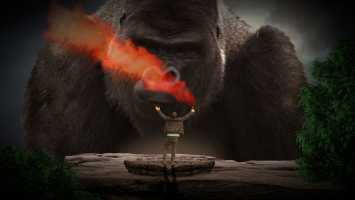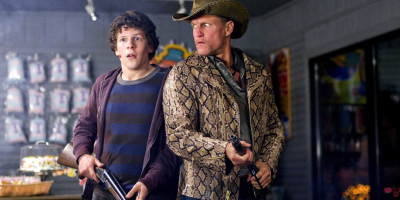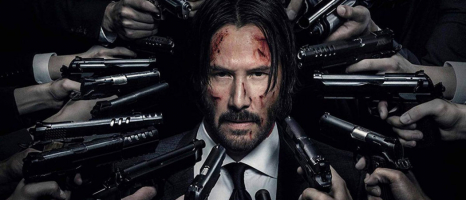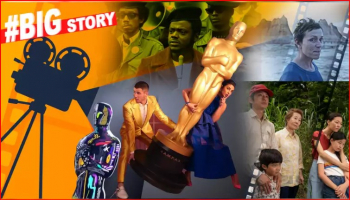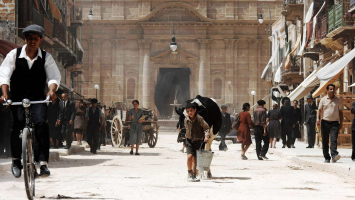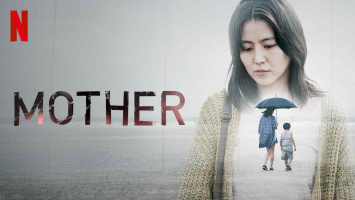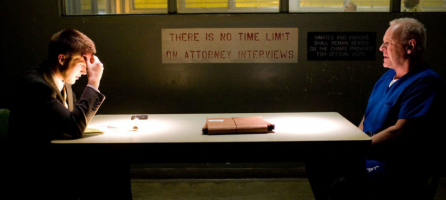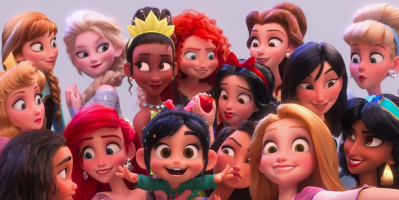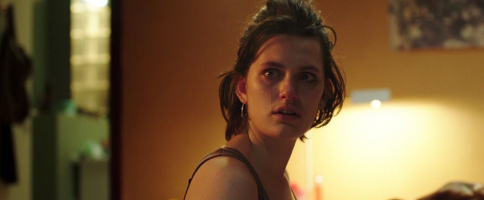Top 10 Best IMDb Movies
IMDb is still one of the most prominent movie-related websites on the web. Their top-rated films list is made up of films that have received millions of ... read more...ratings. While the ranking is always changing, the top films have remained quite constant for several years. Let's find out the Top 10 Best IMDb Movies to have more options!
-
Frank Darabont wrote and directed The Shawshank Redemption, a 1994 American drama film based on Stephen King's 1982 novella Rita Hayworth and Shawshank Redemption. Despite his claims of innocence, banker Andy Dufresne (Tim Robbins) is condemned to live in Shawshank State Penitentiary for the deaths of his wife and her boyfriend. He befriends a fellow prisoner, contraband smuggler Ellis "Red" Redding (Morgan Freeman), and becomes involved in a money-laundering operation led by prison warden Samuel Norton over the next two decades (Bob Gunton).
While The Shawshank Redemption received positive reviews upon its original release, notably for its plot and performances by Robbins and Freeman, the film was a box office flop, grossing only $16 million during its first run. It went on to win several award nominations, including seven Academy Award nods, as well as a theatrical re-release that brought the film's box-office total to $73.3 million when combined with overseas revenues.
Detail Information:
Directed by: Frank Darabont
Starring: Tim Robbins, Morgan Freeman, Bob Gunton, William Sadler
Release dates: September 10, 1994 (TIFF)/September 23, 1994 (United States)
Running time: 142 minutes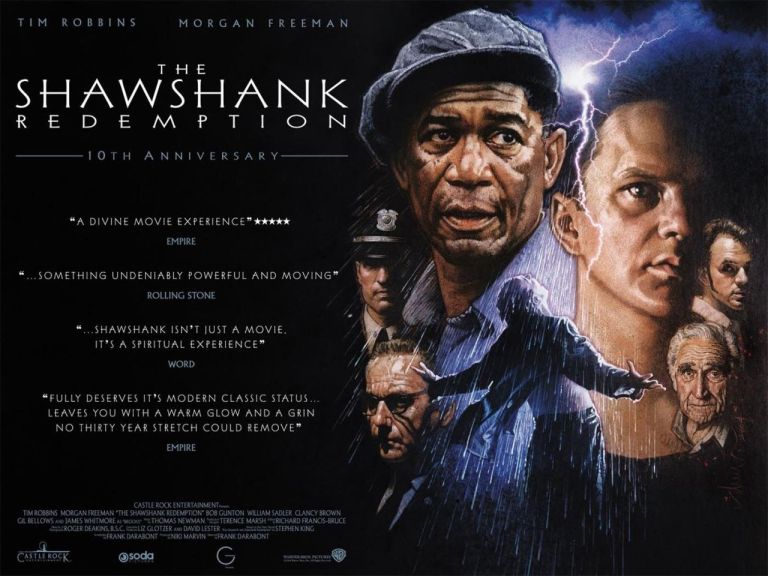
The Shawshank Redemption (1994) The Shawshank Redemption (1994) -
Francis Ford Coppola co-wrote the screenplay with Mario Puzo for The Godfather, a 1972 American crime film directed by Francis Ford Coppola and based on Puzo's best-selling 1969 novel of the same name. The Godfather: The Beginning is the first episode of The Godfather trilogy. The film follows the Corleone family under patriarch Vito Corleone (Brando) from 1945 to 1955, focusing on his youngest son, Michael Corleone (Pacino), from reluctant family outsider to ruthless mafia boss.
The Godfather had its world premiere on March 14, 1972, at the Loew's State Theatre, and was widely released in the United States on March 24, 1972. It earned between $246 and $287 million at the box office, making it the highest-grossing film of 1972 and, for a time, the highest-grossing film ever filmed. Critics and moviegoers praised the film's performances, particularly those of Brando and Pacino, as well as the direction, script, cinematography, editing, soundtrack, and portrayal of the mafia.
Detailed Information:
Directed by: Francis Ford Coppola
Starring: Marlon Brando, Al Pacino, James Caan, Richard Castellano
Release dates: March 14, 1972 (Loew's State Theatre)/March 24, 1972 (United States)
Running time: 177 minutes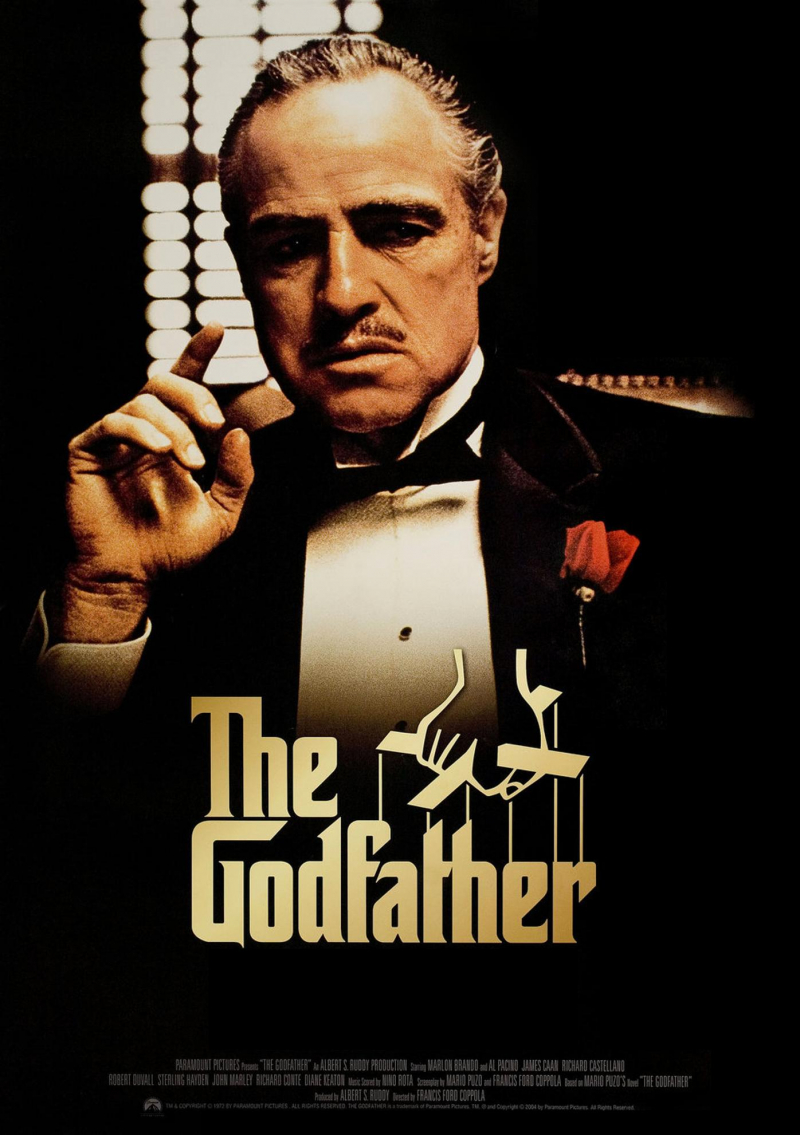
The Godfather (1972) The Godfather (1972) -
The Godfather Part II, a 1974 American epic crime film based on a screenplay co-written by Francis Ford Coppola and Mario Puzo, was produced and directed by Francis Ford Coppola. The sequel to The Godfather is The Godfather II. The film serves as both a sequel and a prequel to The Godfather, depicting two parallel dramas: one follows Michael Corleone (Pacino), the new Don of the Corleone family, as he protects the family business after an assassination attempt in 1958, and the other follows his father, Vito Corleone (De Niro), from his Sicilian childhood to the founding of his family business in New York City.
The Godfather Part II premiered in New York City on December 12, 1974, and was released in the United States on December 20, 1974. It received mixed reviews from critics, but its reputation quickly improved, and it was soon re-evaluated critically. It made $48 million in the United States and Canada and up to $93 million worldwide on a $13 million budget. The film got eleven nominations at the 47th Academy Awards and became the first sequel to win Best Picture.
Detailed Infomation:
Directed by: Francis Ford Coppola
Starring: Al Pacino, Robert Duvall, Diane Keaton, Robert De Niro
Release dates: December 12, 1974 (New York City)/December 20, 1974 (United States)
Running time: 200 minutes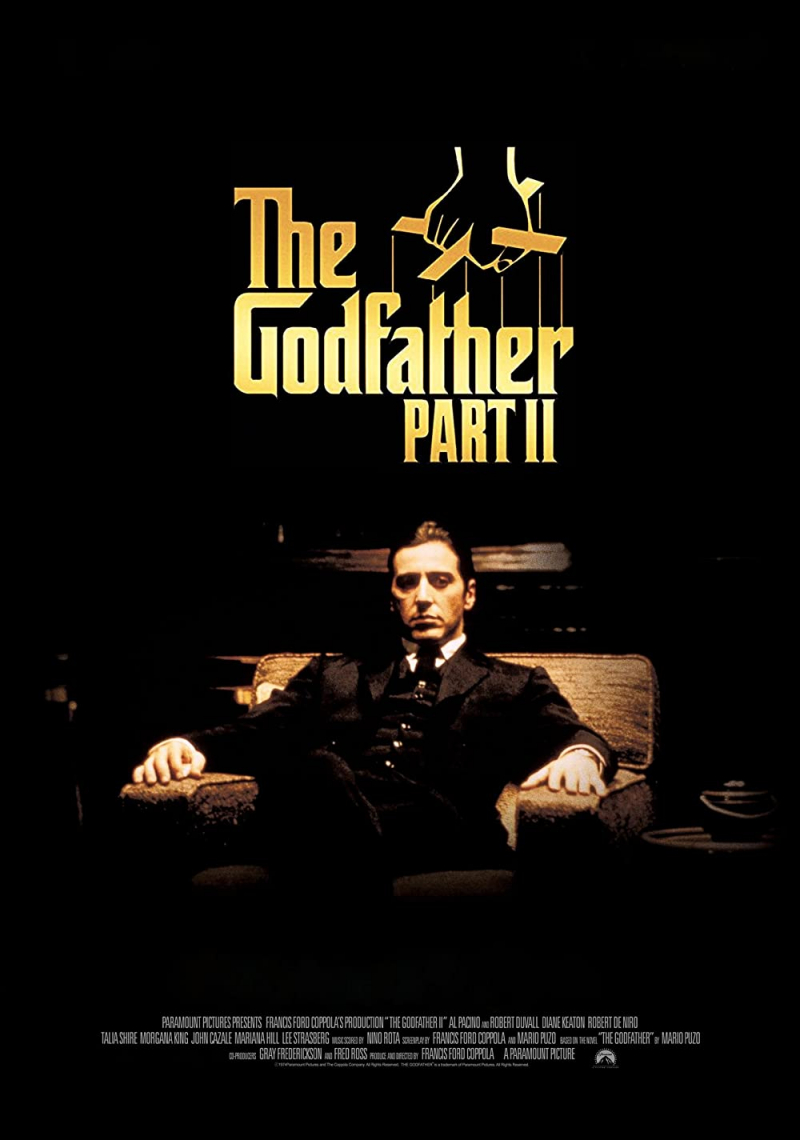
The Godfather: Part II (1974) The Godfather: Part II (1974) -
The Dark Knight is a 2008 British-American superhero action film based on the comic book character created by Bob Kane and Bill Finger. It is the sequel to 2005's Batman Begins. In the film, Bruce Wayne / Batman (Bale), Police Lieutenant James Gordon (Oldman), and District Attorney Harvey Dent (Eckhart) form an alliance to combat organized crime in Gotham City, but they are confronted by the Joker (Ledger), an anarchistic mastermind who seeks to undermine Batman's power and throw the city into chaos.
The film received critical acclaim for its screenplay, visual style, musical score, stunts, mature themes, performances (particularly Ledger's), cinematography, action sequences, and direction. It was considered one of the best films of its decade and one of the greatest and most influential films of all time. During its theatrical run, the film also set a number of records.
Detailed Information:
Directed by: Christopher Nolan
Starring: Christian Bale, Michael Caine, Heath Ledger, Gary Oldman
Release dates: July 14, 2008 (New York City)/July 18, 2008 (United States)/July 25, 2008 (United Kingdom)
Running time: 152 minutes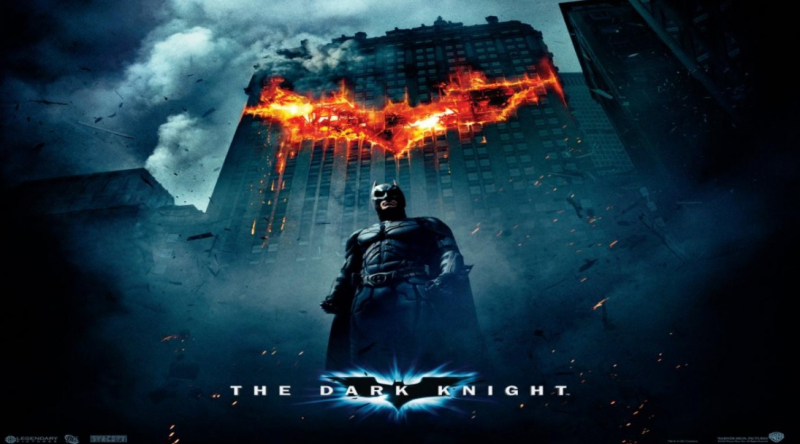
The Dark Knight (2008) The Dark Knight (2008) -
Sidney Lumet directed 12 Angry Men, a 1957 American courtroom drama film adapted on Reginald Rose's 1954 teleplay of the same name. The defense and prosecution have finished their arguments, and the jury is preparing to determine whether a young man is guilty or innocent of murdering his father. What starts off as a simple murder case quickly turns into a detective story with a series of clues that raise skepticism, as well as a mini-drama about the jurors' prejudices and preconceptions regarding the trial, the accused, and each other. The action of the play takes place entirely on the stage of the jury room.
The American Film Institute named it the second-best courtroom drama of all time (after 1962's To Kill a Mockingbird) on their AFI's 10 Top 10 list. Many people consider it to be one of the best films ever created. The Library of Congress chose the film for preservation in the United States National Film Registry in 2007 because it was "culturally, historically, or aesthetically significant."
Detailed Information:
Directed by: Sidney Lumet
Starring: Henry Fonda, Lee J. Cobb, Ed Begley, E.G. Marshall
Release date: April 10, 1957 (Fox Wilshire Theater)
Running time: 96 minutes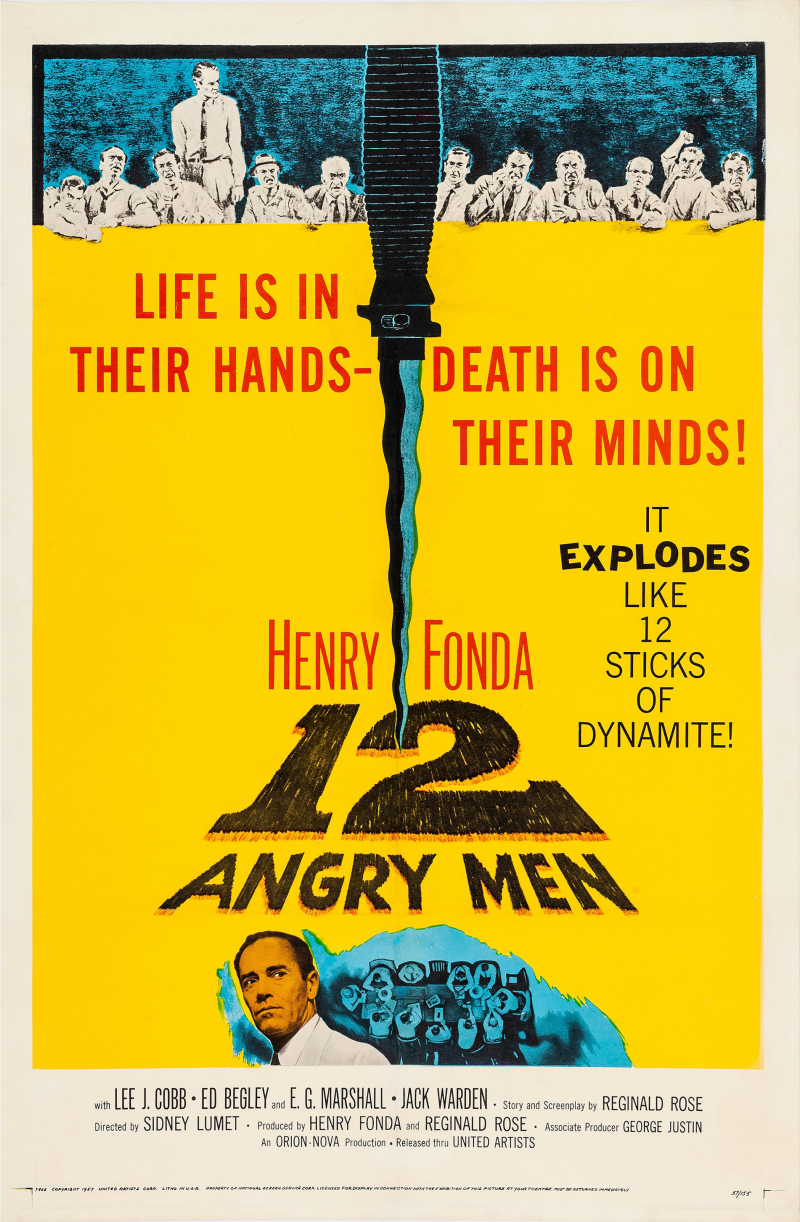
12 Angry Men (1957) 12 Angry Men (1957) -
Steven Spielberg directed and produced Schindler's List, a 1993 American historical drama film written by Steven Zaillian. It is based on Australian author Thomas Keneally's non-fiction novel Schindler's Ark, published in 1982. The film is set during World War II, Oskar Schindler, a German businessman, employed over a thousand predominantly Polish-Jewish immigrants who were spared from the Holocaust by working in his factories.
The film received overwhelming critical acclaim for its tone, performances (particularly Fiennes, Kingsley, and Neeson), atmosphere, and Spielberg's directing. It was also a box office triumph, grossing $322 million worldwide on a budget of $22 million. It won seven Academy Awards, including Best Picture, Best Director, Best Adapted Screenplay, and Best Original Score, out of twelve nominations. The film went on to win many of the other awards, including seven BAFTAs and three Golden Globes. Schindler's List was voted 8th on the American Film Institute's list of the 100 best American films of all time in 2007.
Detailed Information:
Directed by: Steven Spielberg
Starring: Liam Neeson, Ben Kingsley, Ralph Fiennes, Caroline Goodall
Release dates: November 30, 1993 (Washington, D.C.)/December 15, 1993 (United States)
Running time: 195 minutes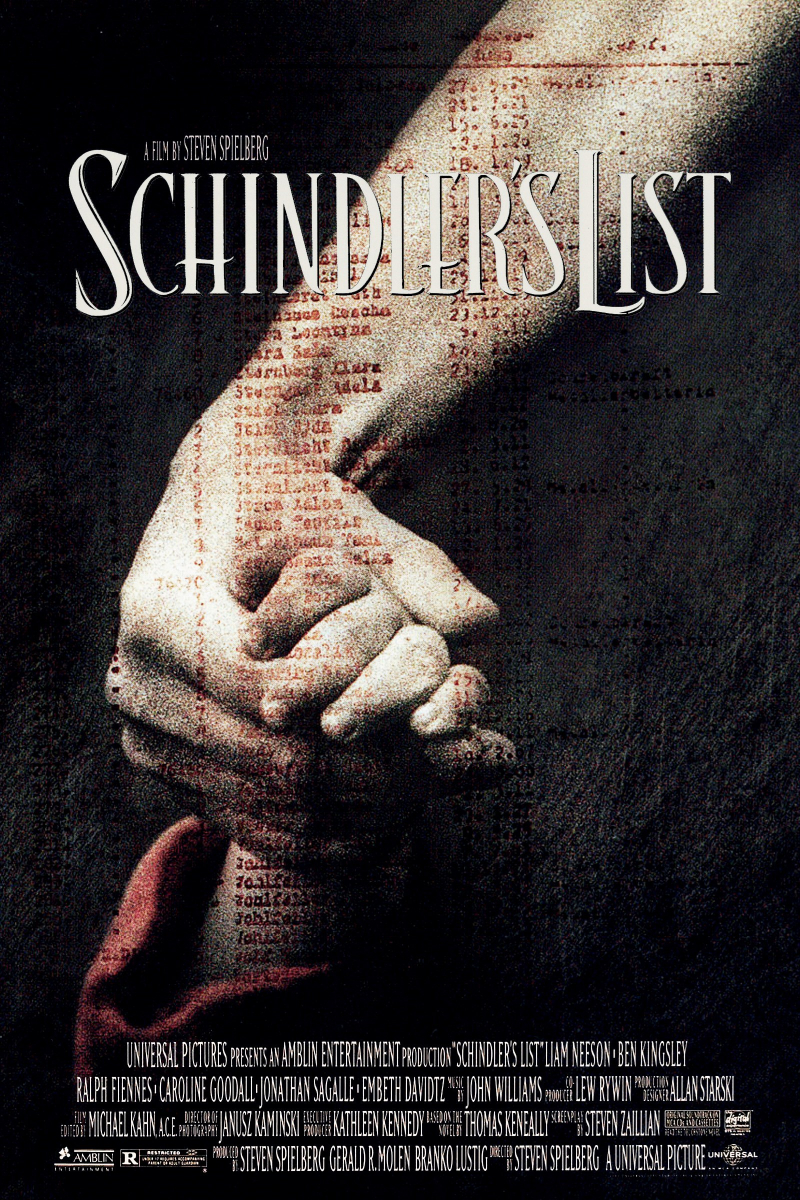
Schindler's List (1993) Schindler's List (1993) -
The Return of the King is a 2003 epic fantasy adventure film directed by Peter Jackson and based on J. R. R. Tolkien's The Lord of the Rings third book. The film was produced by Barrie M. Osborne, Jackson, and Fran Walsh. It is the final entry of the Lord of the Rings trilogy. Continuing the plot of The Two Towers, Frodo, Sam, and Gollum are making their final journey toward Mount Doom in Mordor in order to destroy the One Ring, unaware of Gollum's true intentions, while Gandalf, Aragorn, Legolas, Gimli, and the rest are joining forces against Sauron and his legions in Minas Tirith.
The Return of the King, like the other two films in the Lord of the Rings film trilogy, is widely recognized as one of the best and most influential films ever filmed. At the 76th Academy Awards, the film won all 11 Oscars for which it was nominated, including Best Picture, tying it with Ben-Hur and Titanic for the most Oscar wins. After the original Star Wars Trilogy, it became the second film series to have all of its entries win Best Visual Effects.
Detailed Information:
Directed by: Peter Jackson
Starring: Elijah Wood, Ian McKellen, Liv Tyler, Viggo Mortensen
Release dates: 1 December 2003 (Embassy Theatre)/17 December 2003 (United States)/18 December 2003 (New Zealand)
Running time: 201 minutes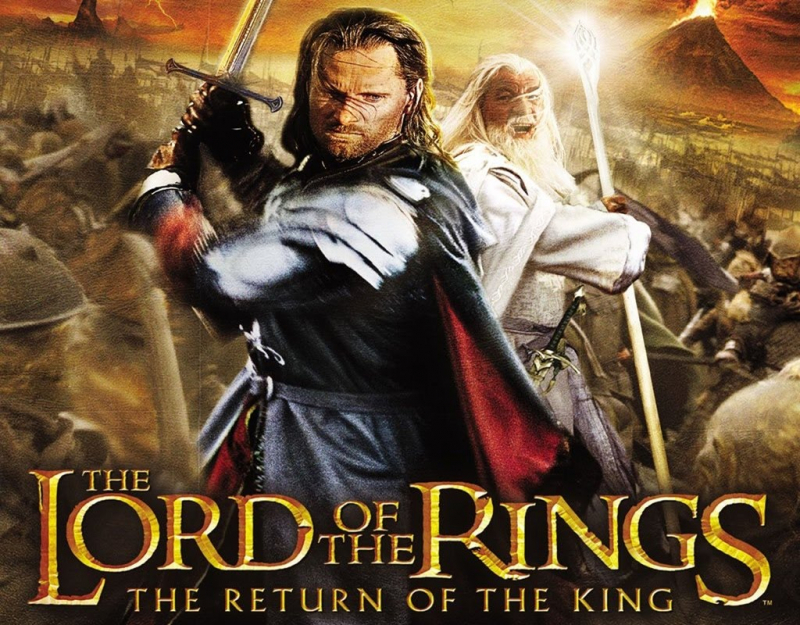
The Lord of the Rings: The Return of the King (2003) The Lord of the Rings: The Return of the King (2003) -
Quentin Tarantino wrote and directed the 1994 American dark comedy crime film Pulp Fiction, which he co-wrote with Roger Avary. It tells numerous criminal Los Angeles stories. The title refers to pulp magazines and hardboiled crime novels from the mid-twentieth century, which were notorious for their graphic violence and snappy wit.
Tarantino's masterwork, Pulp Fiction, is largely recognized as his best film, with special appreciation for its scripting. Pulp Fiction was a critical and commercial success, winning the Palme d'Or at the 1994 Cannes Film Festival. It was nominated for seven Academy Awards, including Best Picture, and won Best Original Screenplay; Travolta, Jackson, and Thurman all received Academy Award nominations, and their careers were elevated as a result. Its creation, marketing, distribution, and financial success had a huge impact on independent filmmaking.
Detailed Information:
Directed by: Quentin Tarantino
Starring: John Travolta, Samuel L. Jackson, Uma Thurman, Harvey Keitel
Release dates: May 21, 1994 (Cannes), October 14, 1994 (United States)
Running time: 154 minutes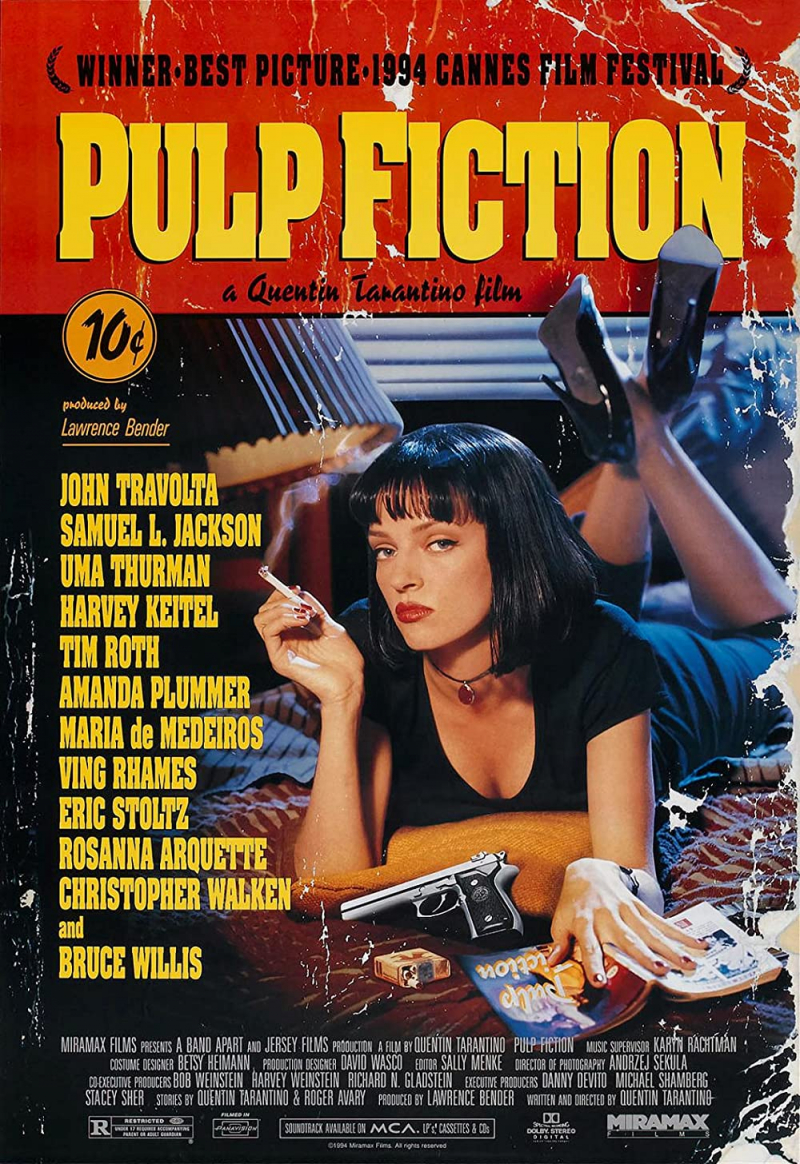
Pulp Fiction (1994) Pulp Fiction (1994) -
The Good, the Bad, and the Ugly (Italian: Il buono, il brutto, il cattivo) is a 1966 Italian epic spaghetti Western film directed by Sergio Leone. Leone's characteristic use of long shots and close-up cinematography, as well as his trademark use of violence, tension, and highly stylized gunfights, are all included in the film. The story follows three gunslingers as they compete for a fortune in a buried cache of Confederate gold in the midst of the American Civil War's violent chaos (specifically, the Battle of Glorieta Pass of the New Mexico Campaign in 1862), while engaging in numerous battles, confrontations, and duels along the way.
Following A Fistful of Dollars and For a Few Dollars More, The Good, the Bad, and the Ugly was advertised as the third and final episode of the Dollars Trilogy. The film was commercially successful, collecting more than $25 million at the box office, and is credited with launching Eastwood's career. Due to widespread dislike of the spaghetti Western genre at the time, the film received mixed reviews at its first release, but it gradually acquired popularity and became recognized as the "definitive spaghetti Western."
Detailed Information:
Directed by: Sergio Leone
Starring: Clint Eastwood, Eli Wallach, Lee Van Cleef, Aldo Giuffrè
Release date: 23 December 1966
Running time: 177 minutes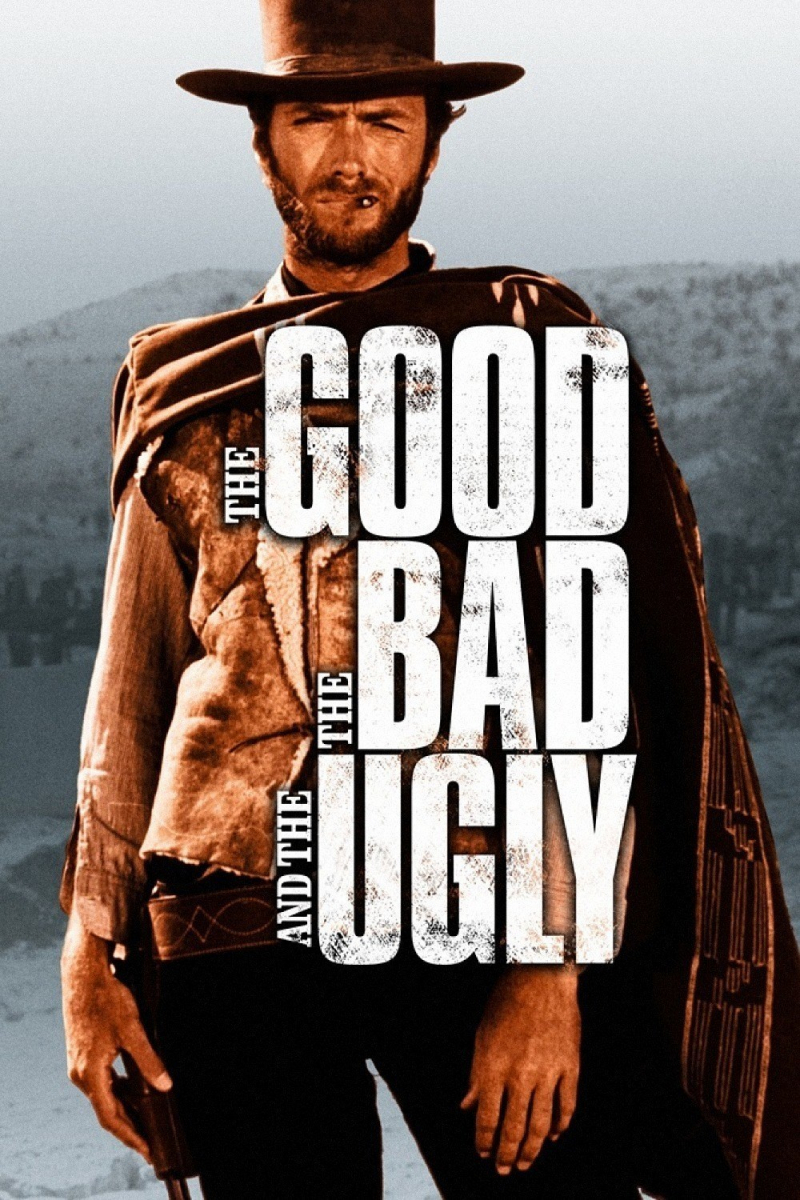
The Good, the Bad and the Ugly (1966) The Good, the Bad and the Ugly (1966) -
The Fellowship of the Ring is a 2001 epic fantasy adventure film directed by Peter Jackson and based on J. R. R. Tolkien's The Lord of the Rings: The Fellowship of the Ring. It is the first installment of the Lord of the Rings trilogy. The story is set in Middle-earth, and it revolves around modest Shire Hobbit and his eight friends go on a quest to destroy the mighty One Ring and preserve Middle-earth from the Dark Lord Sauron.
Reviewers praised the film, hailing it as a historic moment in filmmaking and a breakthrough in the fantasy genre. Visual effects, acting, Jackson's directing, storyline, and adherence to the original material all got positive feedback. It was the second highest-grossing film of 2001, and the fifth highest-grossing film of all time at the time of its release, grossing $880 million worldwide. The Fellowship of the Ring, like its sequels, is widely recognized as one of the most influential and important films of all time. The film won multiple honors and was nominated for thirteen Academy Awards at the 74th Academy Awards.
Detailed Information:
Directed by: Peter Jackson
Starring: Elijah Wood, Ian McKellen, Liv Tyler, Viggo Mortensen
Release dates: 10 December 2001 (Odeon Leicester Square)/19 December 2001 (United States)/20 December 2001 (New Zealand)
Running time: 178 minutes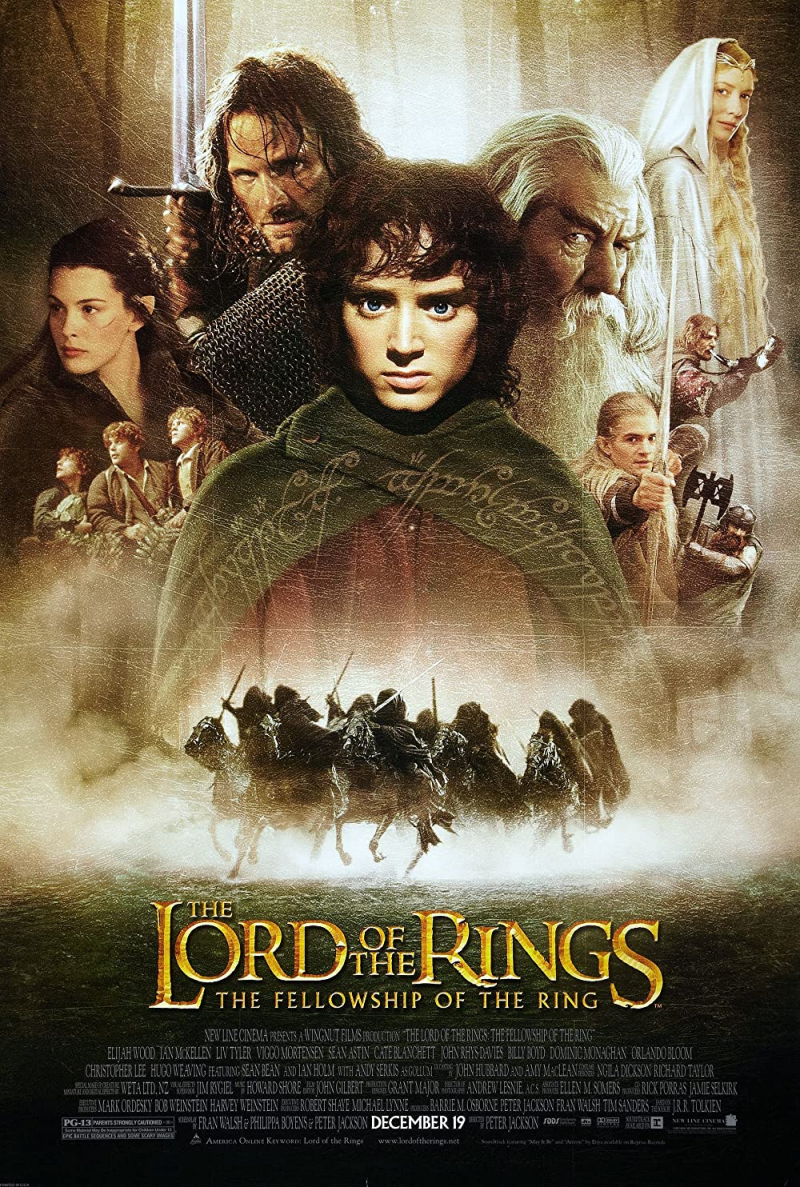
The Lord of the Rings: The Fellowship of the Ring (2001) The Lord of the Rings: The Fellowship of the Ring (2001)












